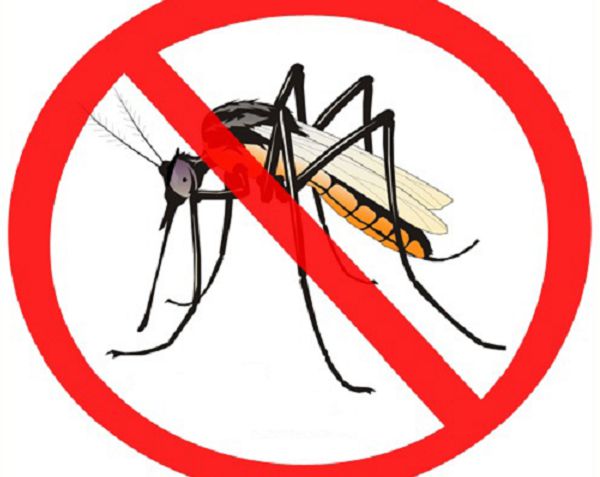
Zero malaria starts with me
Once again it is the time of the year when Ghana joins the rest of the world to celebrate World Malaria Day, which falls today, April 25.
The day was instituted by the World Health Organisation (WHO) to give countries in affected regions the chance to learn from each other’s experiences and support one another’s efforts.
Advertisement
This year, the WHO and the Roll Back Malaria Partnership (RBM) have sent out a clarion call for action to malaria endemic countries.
By choosing the theme “Zero malaria starts with me,” the two bodies are tasking high burden countries to take ownership of malaria prevention and care.
Their message is simple. After more than a decade of steady advances in fighting malaria, progress has levelled off.
According to WHO’s latest World Malaria Report, no significant gains were made in reducing malaria cases in the period 2015 to 2017.
The estimated number of malaria cases remained unchanged from 2015 to 2017, approximately 219 million globally and 435,000 estimated malaria deaths within the same period.
Urgent action is needed to get the global response to malaria back on track.” Zero malaria” indeed lies with us.
The theme is a grass-roots campaign that aims to keep malaria high on the political agenda, mobilise additional resources and empower communities to take ownership of malaria prevention and care.
Today, Ghana has joined other countries to commemorate World Malaria Day and is showcasing its efforts, progress and challenges in implementing malaria control interventions.
The country must be lauded for the significant gains it has made in controlling the disease.
But the reality is that malaria remains a public health concern in the country.
In 2018 alone, the country recorded approximately 11 million suspected malaria cases in the Outpatient Department (OPD) and an average of 30,215 suspected malaria cases daily.
There are also challenges with adherence to country diagnosis protocol by some health workers.
In spite of the education carried out with the distribution of nets, people still have excuses for the non-use of insecticide-treated bed nets (ITNs), while compliance to treatment by some patients is poor.
These obstacles are compounded by the lack of adequate funding for the various interventions.
The solution to these challenges lies in the hands of all stakeholders.
The Daily Graphic joins the call for stronger collaborations from all sectors.
Health workers are urged to confirm all malaria suspected cases before treatment, to use health commodities such as rapid diagonistic tests (RDTs) and artemisinin-based combination therapies (ACTs) rationally and encourage uptake of malaria interventions.
Distribution of nets should be accompanied by education on proper use and care of ITNs, but more importantly, antenatal and Child Welfare clinics engaged in distribution of ITNs to pregnant women and children under five years should ensure that the nets are really given to the mothers.
Pregnant women are encouraged to report to the nearest health facility as soon as they get pregnant and start taking Sulfadoxine Pyrimethamine (SP) as early as possible to reduce maternal malaria episodes, maternal anaemia, low birth weight and neonatal mortality all of which are free.
Communities and families should ensure regular use and proper care of ITNs to protect them from getting malaria and to further ensure they are properly diagnosed before they take any malaria medicines.
Individuals should adhere to prescriptions given for malaria treatments. The full dose of ACTs should be taken when prescribed.
Community leaders, chiefs and queen mothers should help in educating community members on appropriate malaria prevention and treatment measures and advocate ownership of malaria interventions.
All should join hands to prevent needless deaths from malaria.



